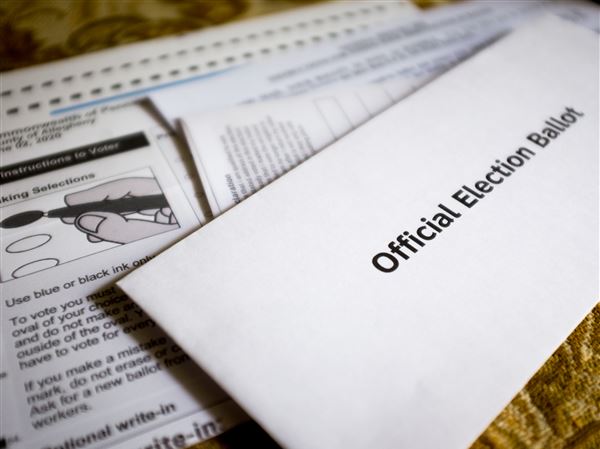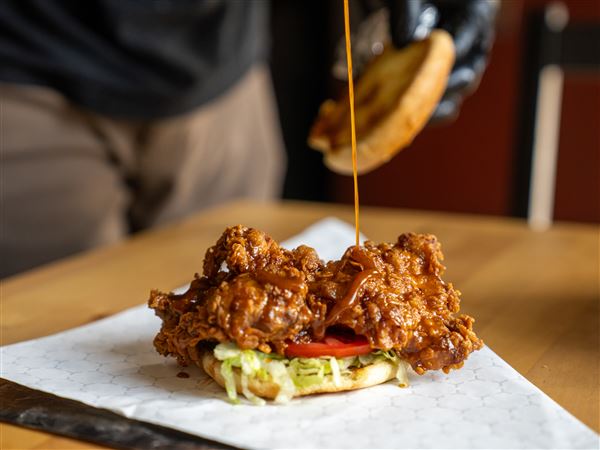(c) 2014, The Washington Post.
By now, many people are at least aware of the chemical bisphenol A (BPA) and its frequent use in hard plastics that hold food and drink or line metal containers. Almost everyone has some BPA in his or her system. The government’s National Toxicology Program has studied the chemical and expressed “some concern” about its “effects on the brain, behavior, and prostate gland in fetuses, infants, and children at current human exposures,” though it has found little reason to worry about some of BPA’s other purported health impacts.
At any rate, knowing that it’s there allows consumers to make their own decisions about purchasing and storing food in containers that contain BPA.
Less well-known is that BPA is still turning up on cash register receipts, which people handle nearly every day. BPA is absorbed through the skin; this study, published in the Journal of the American Medical Association in February, showed an increase in the chemical in the urine of people who handled thermal paper receipts like the ones produced at some grocery stores, ATMs and gas pumps, for two hours. It’s not clear whether the amount of BPA on receipts poses a risk to your health, but it’s not something we should have to worry about, because there are ways to produce this product without it.
In the latest example, the James law firm of Colleyville, Tex., commissioned a survey of 94 receipts collected from 82 grocery stores in 17 states. The analysis by two environmental consulting firms showed BPA on 27 of the receipts, which were collected between September 2013 and February 2014.
When the nonprofit Environmental Working Group did a similar survey of 36 receipts in 2010, it found BPA on 40 percent of them, including ones from the House of Representatives’ cafeteria (but not the Senate’s).
In the law firms’s survey, the greatest concentrations of BPA, by far, were in receipts from Winn-Dixie stores in Florida, Georgia and Alabama. The chain also had the largest proportion of receipts (22.3 percent) with measurable amounts of BPA of any of the 12 chains studied. A spokeswoman for the company said in an e-mail that it changed suppliers of its receipt paper in January and has been assured that it no longer contains BPA.
In an interview, Walter James, environmental counsel for the law firm, said he is hoping to press the industry that produces paper receipts to abandon the use of BPA entirely. He said he is doing this research on behalf of a client, whom he declined to identify.
While consumers should be concerned, he said, the greatest risk of exposure is to people such as grocery store clerks, who handle receipts all day. “That cashier is working eight hours a day, five days a week, and she’s handling hundreds, if not thousands, of receipts on a daily basis,” James said.
To protect yourself, the Environmental Working Group recommends minimizing receipt collection and maximizing use of e-mail receipts; storing receipts separately in an envelope; never giving a child a receipt to play with and washing your hands before preparing food if you have handled a receipt.
If you’re unsure whether a paper is thermally treated, the group says, rub it with a coin. “Thermal paper discolors with the friction; conventional paper does not,” according to its study.
bc-health-bpa
First Published: August 26, 2014, 12:00 a.m.
Updated: August 26, 2014, 6:12 p.m.













